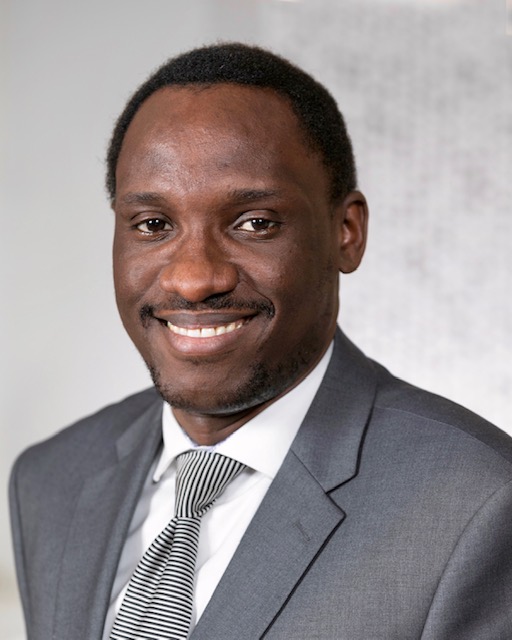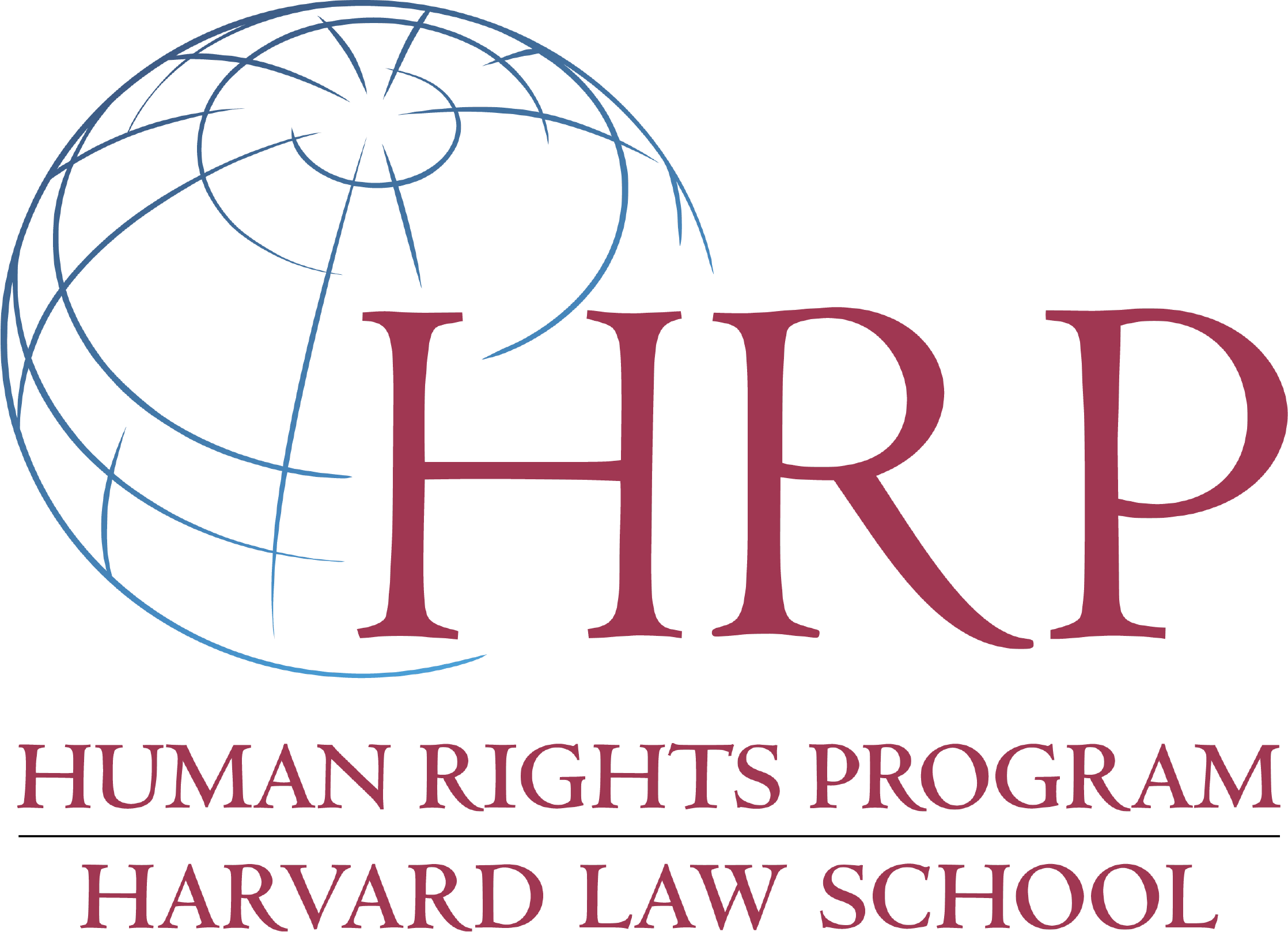
Godfrey Odongo Joins HRP As Visiting Fellow
The Human Rights Program at Harvard Law School is pleased to welcome Godfrey Odongo, Senior Program Officer with the Human Rights Program at the Wellspring Philanthropic Fund, a US-based private foundation, to join HRP as a Visiting Fellow this fall. With Harvard Law School continuing to operate remotely this year, Odongo will engage with the human rights community at Harvard Law School virtually. He will use his time as a visiting fellow to research the new frontiers of human rights advocacy and activism in the age of populism, the covid-19 pandemic and contemporary challenges to the legitimacy and effectiveness of human rights.
In his current role, Odongo manages funding portfolios for an ecosystem of key civil society and institutions advancing human rights norms in multiple contexts. He has previously served as a regional research expert on East Africa with Amnesty International; in a program advisory role with Save the Children-Sweden; and as a research fellow with the Dullah Omar Institute for Constitutional Law, Governance and Human Rights at the University of the Western Cape and at the Danish Institute for Human Rights. An advocate of the High Court of Kenya, he holds a doctorate in international human rights law from the University of the Western Cape, a master’s in law in human rights from the University of Pretoria, and a bachelor’s law degree from Moi University.
Odongo spoke with HRP about his work and what he hopes to achieve this semester as a Visiting Fellow.

Human Rights Program: As part of your visiting fellowship with the Human Rights Program, you will be carrying out research on the shifting landscape for human rights advocates and institutions. What are some of the new realities that human rights advocates are facing today and what implications do these new realities have for the human rights movement?
Godfrey Odongo: Human rights – the law, institutions, and ecosystem of civil society organizations that campaign and advocate for them – has gone through historical challenges. Some of these are enduring, such as the question of universality versus cultural relativity of human rights norms, the contestation of civic spaces between civil society and repressive political regimes, or the post-9/11 counterterrorism context. In more recent times, the legitimacy and effectiveness of human rights has come in question both within and outside the human rights movement in light of more populist political narratives, trends, or features of inward-looking nationalism and a retreat from multilateral frameworks of institutions by key states. In addition, increased public awareness of the climate crisis and an unprecedented COVID-19 health pandemic has deeply shaken every aspect of our political, social, cultural and economic systems. All these issues have deep implications for the relevance of human rights and how we as practitioners and activists work to advance human rights.
HRP: You have described the current moment as a significant inflection point for the human rights cause. What do you see as compelling about human rights advocacy today?
GO: Regardless of one’s conception of human rights and irrespective of these challenges, the moral and legal norms that underpin human rights have and continue to provide a powerful frame and reference point for people and organizations across the globe – whether in campaigns or court litigation to redress injustice or policy advocacy work for legal, political, and social change or reform. However, today, not least with the populist challenge and the evolving impacts of COVID, it is worth continuing to explore the extent to which human rights advocacy is adapting. Some of the related questions include the extent to which the mainstream advocacy and strategies developed and crystallized in the context of the Cold War, such as the naming and shaming of perpetrators of human rights abuses, are adequate to confront populist narratives that may seek to upend globally accepted human rights norms. What are the preliminary impacts of COVID or implications of the climate crisis on these mainstream advocacy themes and strategies and how can field practitioners adapt to ensure that human rights are central or remain relevant to providing a frame to advance solutions?
HRP: Who do you look to as influencing the dialogue around the future of human rights advocacy?
GO: There is a burgeoning body of critical and constructive research on the future of human rights advocacy. My research, which will seek to focus mostly on the methodology of the mainstream ecosystem of international human rights organizations, will be informed by most of this existing research. As an advocate, I am heartened to see that many of the influential organizations in this ecosystem are not blind to these challenges and are in fact attempting to address them. I’m also inspired by the fact that human rights advocacy is diverse and takes into account different geographies, forms of organizing and types of organizations and that there is an increasing level of agency and power being asserted by activists and people on the frontlines — those who live with the injustices that motivate human rights work. To them, human rights are not just formal laws and norms or institutions but their lived experiences.
HRP: What impact would you like your research to have?
GO: I hope that my fellowship research will build onto the emerging body of critical scholarly works on the “what” and “how” of human rights advocacy and inform the key issues and themes in ongoing field-level or practitioner discussions on how human rights advocacy is or can adapt to some of the key challenges today.
